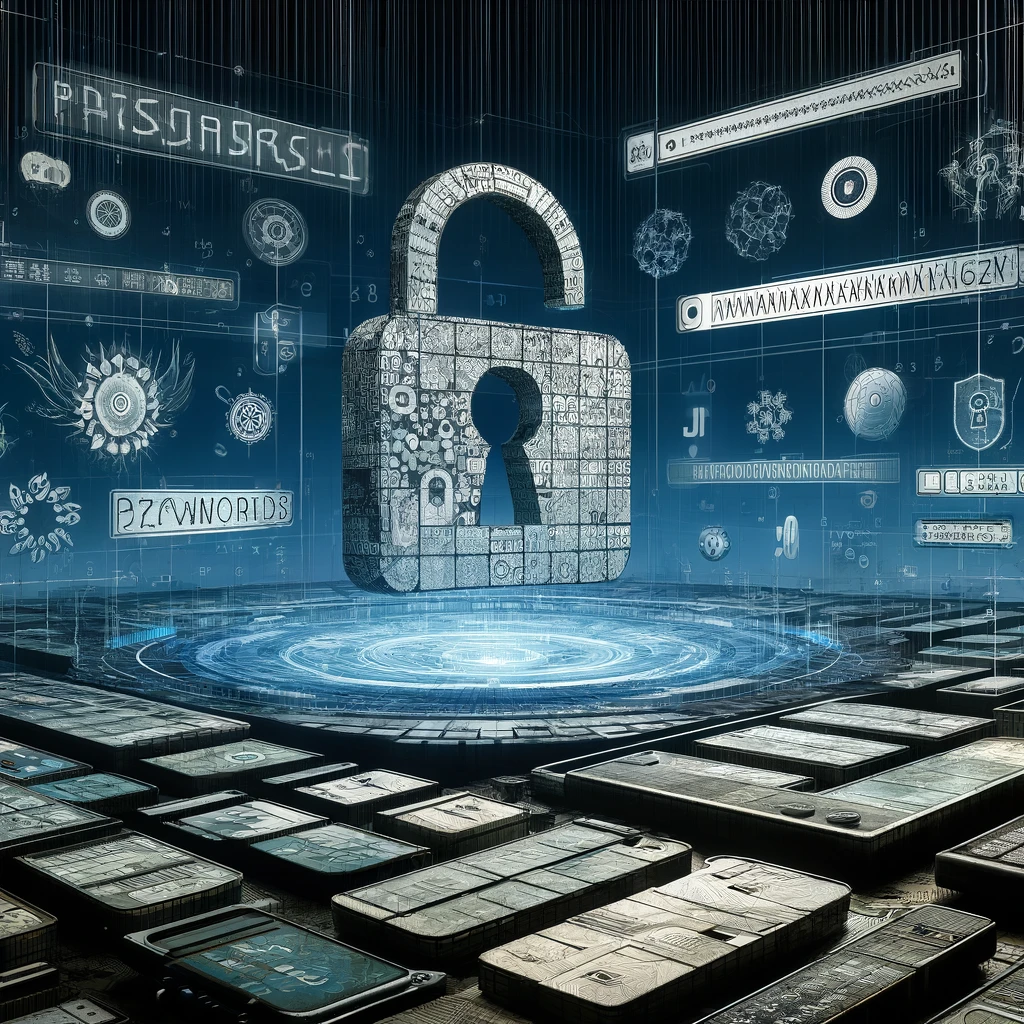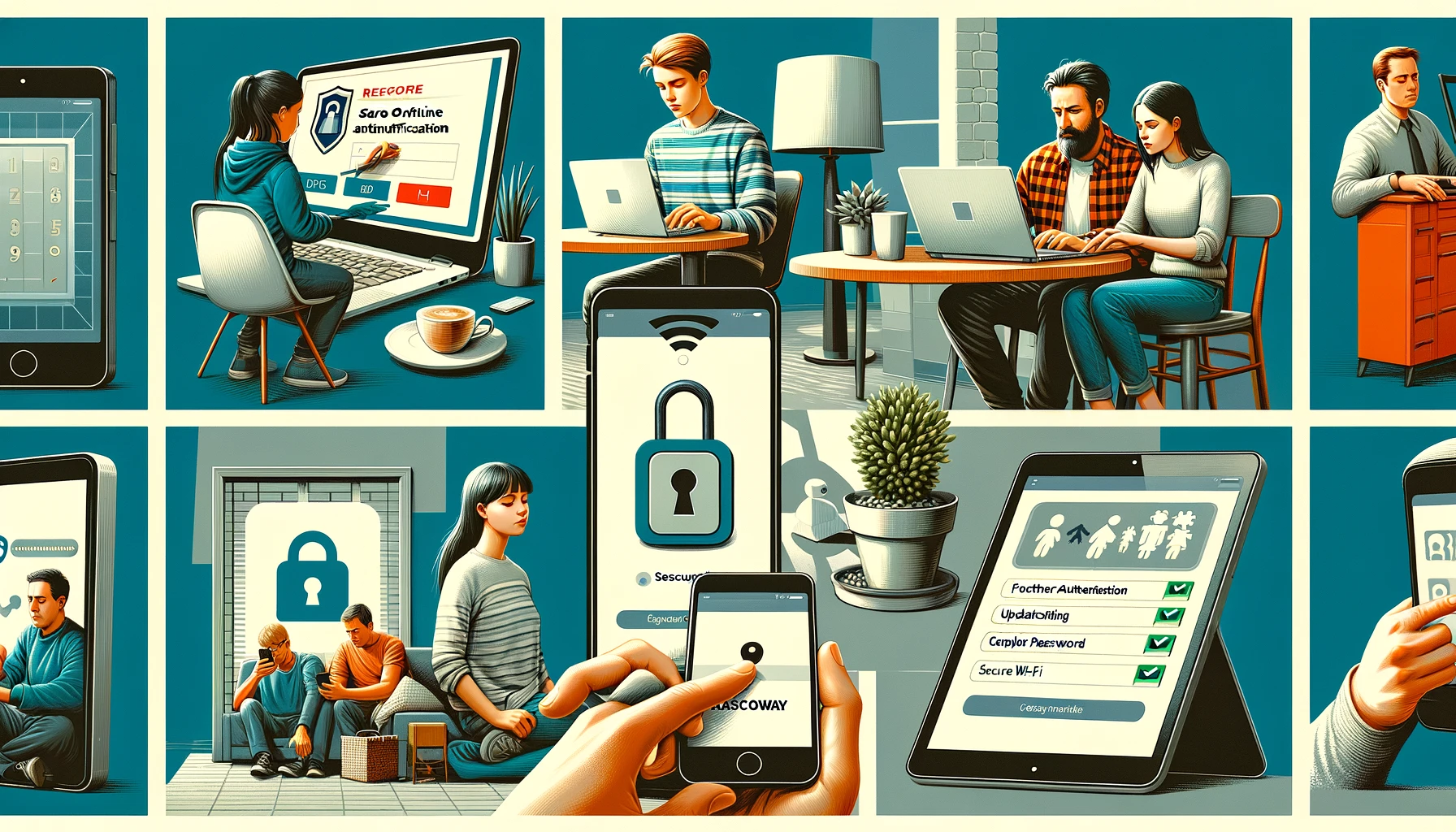In the rapidly evolving digital age, securing your online identity has become paramount. With cyber threats increasing both in sophistication and frequency, it is crucial to stay ahead of potential risks. This detailed guide provides comprehensive cybersecurity tips for 2024, aimed at safeguarding your digital presence. By incorporating key strategies and leveraging advanced technologies, you can protect yourself from cyber threats effectively.

Understanding Cybersecurity in 2024
The landscape of cybersecurity is constantly evolving, with new threats emerging each year. Cybercriminals are becoming more adept at exploiting vulnerabilities in systems and human behavior. Hence, understanding the nature of these threats and the mechanics behind them is the first step towards effective protection.
Cyber Threats to Watch:
- Phishing Scams: Still prevalent, with tactics becoming more sophisticated.
- Ransomware Attacks: Increasingly targeting both individuals and organizations.
- Data Breaches: Large-scale breaches can expose sensitive personal information.
Establishing Strong Password Practices
One of the foundational elements of securing your online identity is the use of strong, unique passwords for each of your online accounts.
Tips for Strong Passwords:
- Complexity: Use a mix of uppercase letters, lowercase letters, numbers, and symbols.
- Length: Aim for at least 16 characters.
- Uniqueness: Never reuse passwords across different sites.
- Password Managers: Consider using reputable password managers to keep track of your passwords securely.
Implementing Two-Factor Authentication (2FA)
Two-factor authentication (2FA) adds an extra layer of security by requiring two different forms of verification before accessing an account. This method significantly reduces the risk of unauthorized access, even if your password is compromised.
Benefits of 2FA:
- Enhanced Security: Provides an additional barrier to cyber attackers.
- Alerts: Notifies you of any unauthorized attempt to access your account.
Keeping Software Up to Date
Software updates are crucial as they often contain patches that fix security vulnerabilities. Keeping your operating system, applications, and any security software updated is essential to defend against the latest cyber threats.
Effective Update Management:
- Automatic Updates: Enable automatic updates wherever possible.
- Regular Checks: Periodically check for updates on all your devices.
Educating Yourself About Phishing
Phishing remains one of the most common methods used by cybercriminals to gain access to personal information. Education on recognizing phishing attempts is a vital skill in protecting your online identity.
Identifying Phishing Attempts:
- Suspicious Links: Be cautious of links in emails or messages, especially if they come from unknown sources.
- Requests for Personal Information: Legitimate organizations will not ask for sensitive information through insecure platforms.
Securing Your Network Connections
Secure internet connections are crucial for safeguarding data transmitted online. Public Wi-Fi, in particular, can be a hotspot for cybercriminals to intercept data.
Network Security Measures:
- Use a VPN: A Virtual Private Network (VPN) encrypts your internet connection, making it secure from interceptors.
- Secure Wi-Fi: Ensure your home Wi-Fi is secured with strong encryption like WPA3.
Regular Data Backups
Backing up your data regularly is a critical practice to ensure that you can restore your information in case of data loss due to cyber attacks or other disasters.
Backup Strategies:
- Cloud Storage: Utilize reputable cloud services with strong security measures for automatic backups.
- External Drives: Keep physical backups in secure locations.
Monitoring and Managing Your Digital Footprint
Being aware of your digital footprint and managing it effectively can reduce your vulnerability to cyber attacks.
Tips for Managing Digital Footprint:
- Regular Audits: Periodically review your online accounts and associated permissions.
- Minimal Sharing: Be cautious about the amount of personal information you share online.
Conclusion
As we advance into 2024, the necessity for robust cybersecurity measures has never been more critical. By following these detailed tips and continuously updating your knowledge and tools, you can secure your online identity against the increasing threats in the digital world. Remember, cybersecurity is not a one-time setup but a continuous process of learning, adapting, and implementing.

